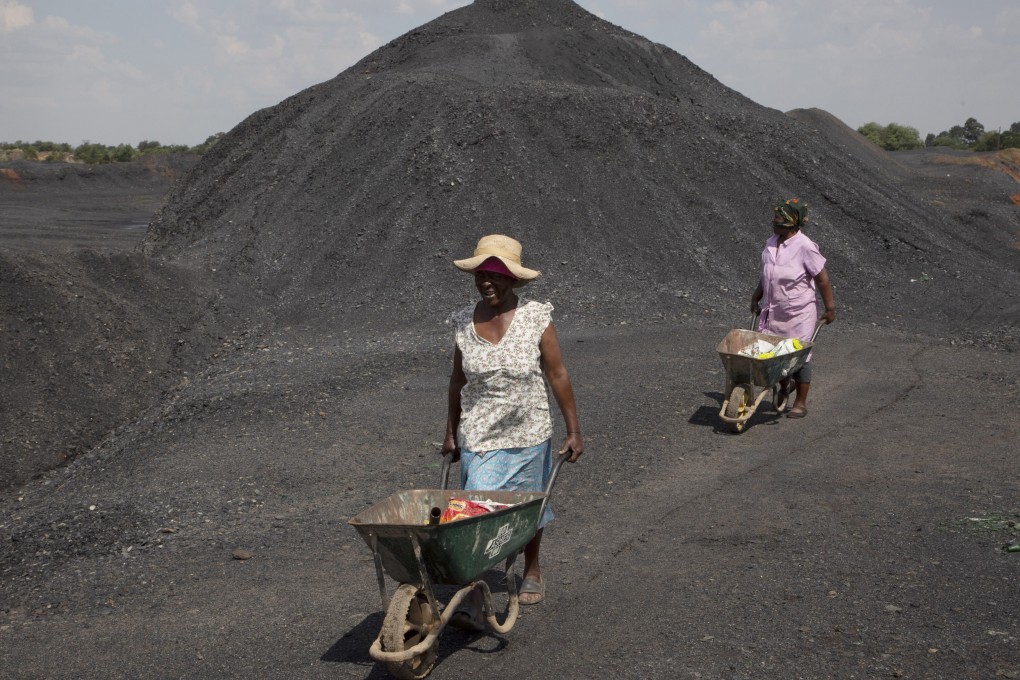Advertisement
Opinion | COP28: protect workers’ livelihoods in any green energy transition
- The global working class is set to lose jobs in industries such as carmaking, or face more exploitative conditions in others, such as mining
- At COP28, governments must speak up for the masses as there can be no climate justice if they are left to pay for the economic shift
Reading Time:3 minutes
Why you can trust SCMP

The working class must be wary of how rich nations sculpt the narrative around a “just transition” during the COP28 UN climate summit. While grand declarations of climate justice will echo, a grim reality will linger in the shadows of the negotiation rooms – one of mounting joblessness, worker exploitation and back-breaking inflation.
Advertisement
The core assertion of nations touting a just transition is that it is possible to have an energy shift that improves the position of the working class. This, however, is not true. The transition unfolds within capitalism, a system where shifts in the means of production often disadvantage workers instead of empowering them.
The solution isn’t to discard capitalism or to halt the transition altogether – those are lofty ideals. Rather, it’s to sensitise the developed world to the challenges this energy shift might pose, and implement policies to safeguard the livelihoods of those at risk.
It’s crucial to recognise that the shift to alternative solutions isn’t solely propelled by climate urgency; geopolitics also plays a significant role. For instance, a fierce race for dominance in electric vehicles (EVs) is under way. China leads, while the United States and Europe aim to catch up.
In the early 2000s, realising its limited control over global oil production, China bet big on EV technology and critical minerals. Consequently, it now controls 75 per cent of global EV battery production, while also leading in EV sales.
Advertisement
In response, the US and Europe have swiftly initiated critical mineral agreements to boost EV production. But this pursuit of renewable hegemony, often masquerading as a “just transition” driven blindly by national interests, is posing profound challenges for the working class across the globe.

Advertisement
